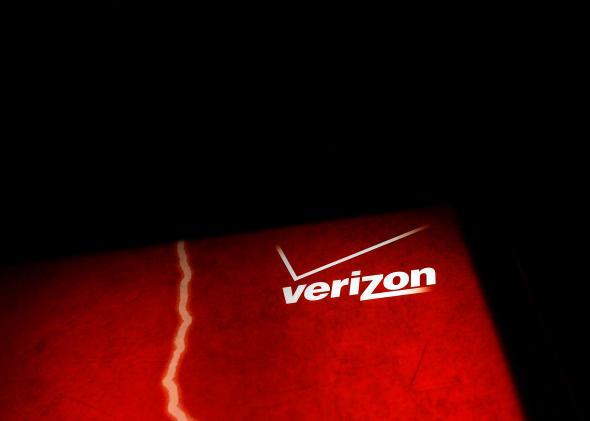It’s almost impossible at this point to imagine America’s major telecommunications companies behaving in socially responsible ways, given their consistent record of poor service and oligopolistic practices. So while the latest disclosures—including potentially dramatic privacy abuses—may not be surprising, they do tell us once again that we need to deploy countermeasures along with better public policies.
I’d call the most recent news par for the telecom course, but the arrogance quotient seems to be rising. Here are the highlights:
- For more than two years, according to a variety of reports, Verizon has been mucking with customers’ mobile browser connections with sites they visit, adding a string of characters it calls a “Unique Identifier Header”—what amounts to a “perma-cookie” that can, and surely will, be used to track mobile customers around the Web. (Here are some technical details.) This is a boon to advertisers but a bane to people who want better privacy. Wired quotes a Verizon representative who says customers can’t fully opt out of this. And, as it turns out, AT&T is “testing” the same kind of interference with users’ browsing (though it tells Forbes that users will be able to opt out entirely).
- The Federal Trade Commission sued AT&T for sleazy business practices, saying the company drastically slowed down connections for customers whose service plans included “unlimited” data. AT&T punched back, saying all this was disclosed. From my perspective, the company defines unlimited as something akin to “use all you want, as long as we can make the experience so painful you’ll stop trying.”
- Meanwhile, Verizon has launched a technology-news website called SugarString that, according to the Daily Dot, forbids its writers from covering U.S. surveillance or network neutrality. Not coincidentally, Verizon has been one of the government’s best partners in spying on our communications, and is one of the leaders of the telecommunications industry’s drive to take full control of the Internet. So if you find yourself on this site, which gets no link from me, keep in mind that it’s brought to you by a company that has no intention of helping you get the full story. (At least Verizon discloses its ownership.)
That’s just the latest in a litany of misdeeds.
Of the above examples, Verizon’s (and AT&T’s) tracking may be the creepiest. We buy our service for one reason: to get connected. When mobile carriers—a cozy cartel, in the United States, of just four major companies (and a bunch of smaller ones that typically buy connections from the big four)—impose themselves in the middle of our connections to data services we want to use, they are abusing their power, period.
What can we do about this? Here are three basic options.
First, use a “virtual private network,” which creates an encrypted data tunnel to a third-party that, in turn, forwards our Web requests along. VPNs are essential for anyone who uses public Wi-Fi networks, and a good idea for everyone else.
The problem with VPNs is also trust, however. How do we know the companies providing them aren’t playing their own games with our requests, for example? We have to take their word for it when they say they aren’t, but they tend to be extremely opaque operations in most ways. There’s a lot more competition among VPN services than among mobile ISPs, however. So if we ever discovered that one VPN service was abusing customers’ privacy, moving to another would be trivially easy. (I’d like to see some deep investigative journalism about VPN services.)
Second, Congress and/or regulatory agencies could forbid telecommunications companies from mucking with our URLs this way. Given lawmakers’ fealty to big business, and the Republican-imposed congressional gridlock, we can’t expect much from Congress. Does the FTC or the Federal Communications Commission have the power to stop this kind of ISP tampering? That’s unclear.
Third, Congress and/or the FCC could create the conditions for more competition, by requiring the dominant carriers to share their networks—at a fair price—with ISP competitors. This is even less likely, even though it’s by far the best solution.
Who elected the telecommunications giants, anyway? Government did, by initially giving them special rights and then letting them wipe out most competition. At the rate we’re going, these abusive oligopolists will control our communications in pretty much any way they choose. We can’t let this happen.
